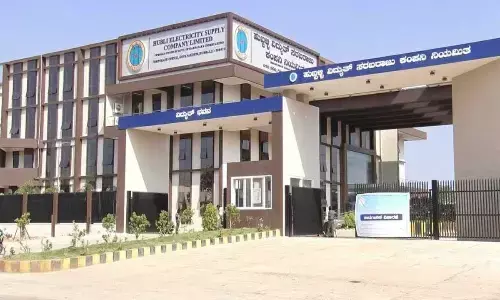Defence Cyber Agency to empower Indian armed forces

As cyber threats from nation-State bad actors grow exponentially, India urgently requires enhancement of the cyber capabilities of its armed forces, including the operationalisation of a Defence Cyber Agency, a new report has emphasised
As cyber threats from nation-State bad actors grow exponentially, India urgently requires enhancement of the cyber capabilities of its armed forces, including the operationalisation of a Defence Cyber Agency, a new report has emphasised.
According to the comprehensive report titled 'Credible Cyber Deterrence in Armed Forces of India' by the New Delhi-based Vivekananda International Foundation (VIF), the Indian armed forces must have modern means and capabilities for cyber exploitation, technical intelligence, cyber deception and launching of probing operations.
"The report identifies seven pillars for enhancing the cyber capabilities of the Indian armed forces, including operationalisation of a 'Defence Cyber Agency' as a stepping stone to develop cyber power within the designated time frame," said Arvind Gupta, Director, VIF.
Aware of cyber power being a critical component of India's comprehensive deterrence capability, the foundation has set up a task force headed by Lt Gen Davinder Kumar (Retired) to suggest a road map for cyber deterrence in the armed forces.
While the Defence Cyber Agency is a long-awaited measure, it must provide the base for an Indian Cyber Command which must be created within the next three years to effectively respond to likely and emerging threats, the task force observed.
The seven pillars are: policy and strategy for development and employment of cyber power; Indian armed forces doctrine for application of cyber power and information operations; organisation for cyber deterrence synergy, staffing and adaptation of cyber force; human resource, training and certification; technology, R&D standards and integrity of data; integration and development of concepts for application of cyber power for effective cyber deterrence and international engagement and legal framework.
"India needs focused R&D in the development of safe products, discovery and analysis of vulnerabilities, fixing attribution, the design of 'kill switches' and security patches; creation and analysis of malware, production and delivery of cyber weapons and concentrate in capability building for electronic combat as part of Information Warfare (IW)," the report noted.
In addition, depending on the knowledge of vulnerabilities, the Indian armed forces must develop cyber weapons, both for causing disruption and destruction.
Sharing of intelligence between the civil and military as also the launch of cyber weapons are a must and should be ensured through a statute if necessary.
"The task force is confident that implementation of these recommendations would fill a strategic gap in India's security architecture and provide the base for the creation of a Cyber Command," noted Lt Gen Kumar (retired).










